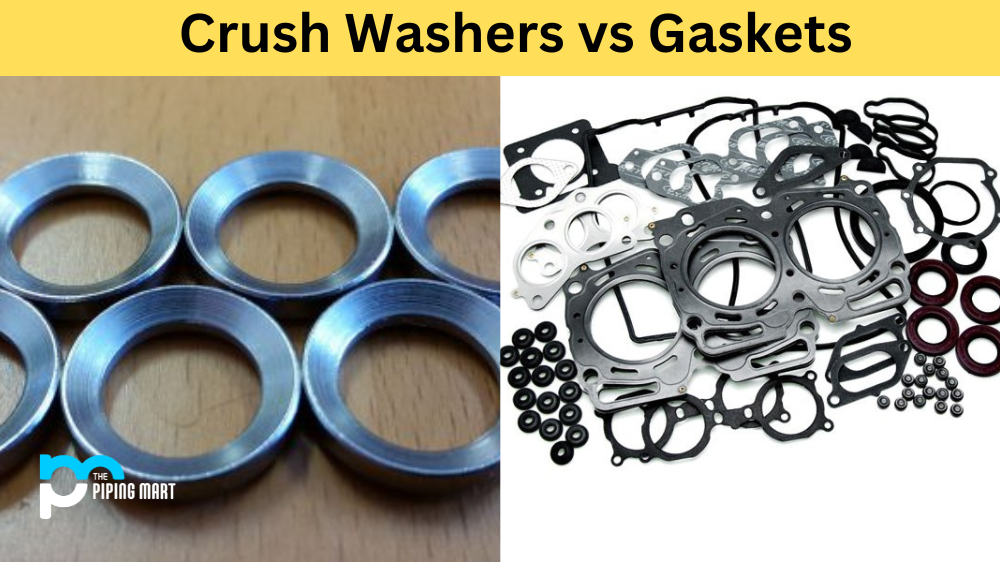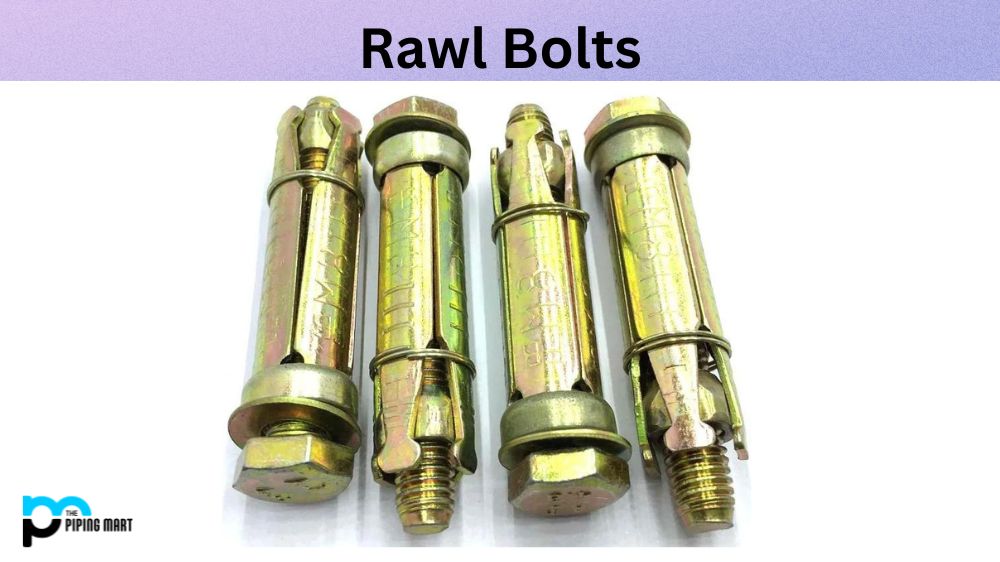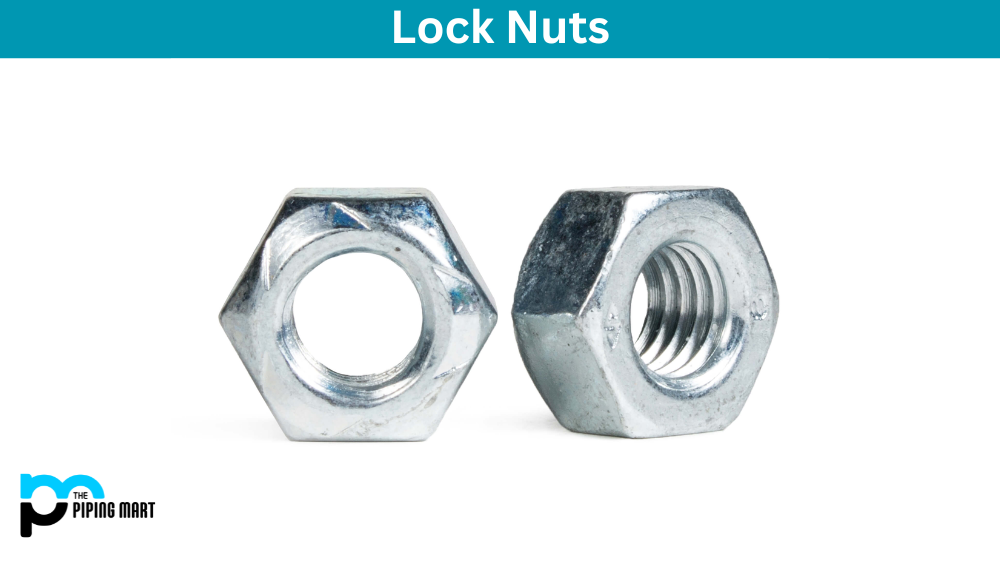Castle nuts are an essential component in many mechanical applications. They are used in various industries and can be found in everything from automotive engines to household appliances. If you want to learn more about castle nuts and their uses, you’ve come to the right place! Let’sLet’s take a look at castle nuts and why they are so important.
What is Castle Nut?
Castle nuts, also known as slotted nuts or cotter nuts, are metal fasteners with slots on one side. This slot allows for a cotter pin or wire to be inserted, which helps keep the nut from coming loose. These slots give the nut its distinctive “castle” shape, hence the name. Castle nuts can be used on any screw-type fastener and provide an extra layer of security against loosening over time due to vibration or other forces.
Where is Castle Nut Used?
Castle nuts are used in a wide variety of industries for both commercial and residential applications. In the automotive industry, castle nuts are used to secure components such as spark plug wires, alternators, starters, and drive shafts. They can also be found in machineries such as tractors and snow plows, which help hold parts together securely while providing easy access for maintenance when needed. In your home, castle nuts can be found on almost any appliance with moving parts, such as refrigerators, washing machines, stoves, air conditioners, etc.
Why Use Castle Nut?
As mentioned previously, one of the main benefits of using castle nuts is that they provide an added level of security against loosening caused by vibration or other forces. Additionally, they require little time or effort to install compared to other fasteners like bolts which must first have holes drilled into them before installation. Furthermore, castle nuts are extremely durable and long-lasting since they do not corrode easily like other metal fasteners. Finally, because castle nuts feature slots rather than threads, they provide an even distribution of pressure, further enhancing their durability over time.
Castle Nut Properties
- Castle nuts, also known as slotted nuts, are a type of nut with a slot cut into the side of the nut.
- Castle nuts are typically used in applications where it is important to prevent the nut from coming loose, such as in aircraft and automotive applications.
- Castle nuts are typically made from steel or brass.
- The slot in the castle nut is designed to align with a cotter pin, which prevents the nut from coming loose.
- Castle nuts are available in various sizes, depending on the application.
Castle Nut Dimensions
| Metric Technical Data | |||||
| Thread Diameter | S (mm) | E (mm) | M max. (mm) | W max. (mm) | N min. (mm) |
| M4 | 7 | 7.74 | 5 | 3.2 | 1.2 |
| M5 | 8 | 8.87 | 6 | 4 | 1.4 |
| M6 | 10 | 11.05 | 7.5 | 5 | 2 |
| M7 | 11 | 12.12 | 8 | 5.5 | 2 |
| M8 | 13 | 14.38 | 9.5 | 6.5 | 2.5 |
| M10 | 17 | 18.9 | 12 | 8 | 2.8 |
| M12 | 19 | 21.1 | 15 | 10 | 3.5 |
| M14 | 22 | 24.49 | 16 | 11 | 3.5 |
| M16 | 24 | 26.75 | 19 | 13 | 4.5 |
| M18 | 27 | 29.56 | 21 | 15 | 4.5 |
| M20 | 30 | 32.95 | 22 | 16 | 4.5 |
| M22 | 32 | 35.03 | 26 | 18 | 5.5 |
| M24 | 36 | 39.55 | 27 | 19 | 5.5 |
| M27 | 41 | 45.2 | 30 | 22 | 5.5 |
| M30 | 46 | 50.85 | 33 | 24 | 7 |
| M33 | 50 | 55.37 | 35 | 26 | 7 |
| M36 | 55 | 60.79 | 38 | 29 | 7 |
| M39 | 60 | 66.44 | 40 | 31 | 7 |
| M42 | 65 | 71.3 | 46 | 34 | 9 |
| M45 | 70 | 78.26 | 48 | 36 | 9 |
| M48 | 75 | 82.6 | 50 | 38 | 9 |
| M52 | 80 | 88.25 | 54 | 42 | 9 |
| M56 | 85 | 95.07 | 57 | 45 | 9 |
| M58 | 90 | 100.72 | 63 | 48 | 11 |
| M60 | 90 | 100.72 | 63 | 48 | 11 |
| M64 | 95 | 106.37 | 66 | 51 | 11 |
| M68 | 100 | 112.02 | 69 | 54 | 11 |
| M72 | 105 | 117.67 | 73 | 58 | 11 |
| M76 | 110 | 123.32 | 76 | 61 | 11 |
| M80 | 115 | 128.97 | 79 | 64 | 11 |
| M85 | 120 | 134.62 | 88 | 68 | 14 |
| M90 | 130 | 145.77 | 92 | 72 | 14 |
| M95 | 135 | 151.42 | 96 | 76 | 14 |
| M100 | 145 | 162.72 | 100 | 80 | 14 |
Conclusion:
Castle nuts are an essential component for many mechanical applications across multiple industries. Their unique “castle” shape provides extra security against loosening due to vibration or other forces while being extremely durable and long-lasting over time due to their corrosion-resistant properties. Whether it’s an automotive engine part or something as simple as a washing machine at home, you can rest assured knowing that your application is held together securely with a castle nut!
Rachana is a dedicated and ambitious young woman who has made a name for herself in the metal industry. From her earliest days in the industry, Rachana showed a natural talent for problem-solving and a keen eye for detail. In her free time, She enjoys reading up on the latest advancements in the industry, as well as exploring new ways to innovate and improve upon existing processes.




